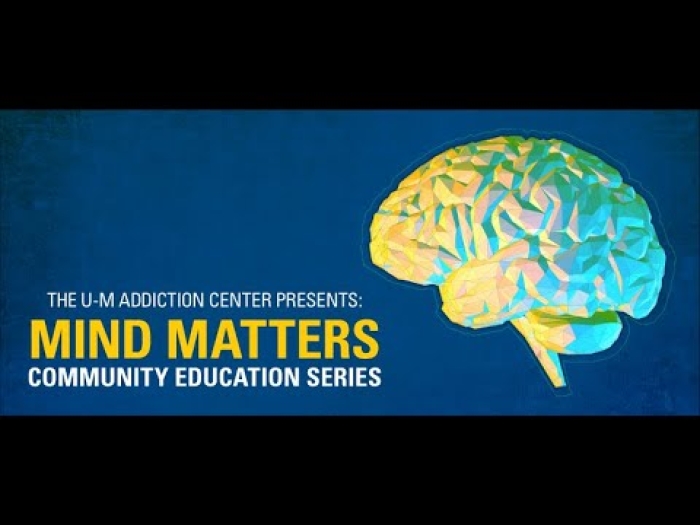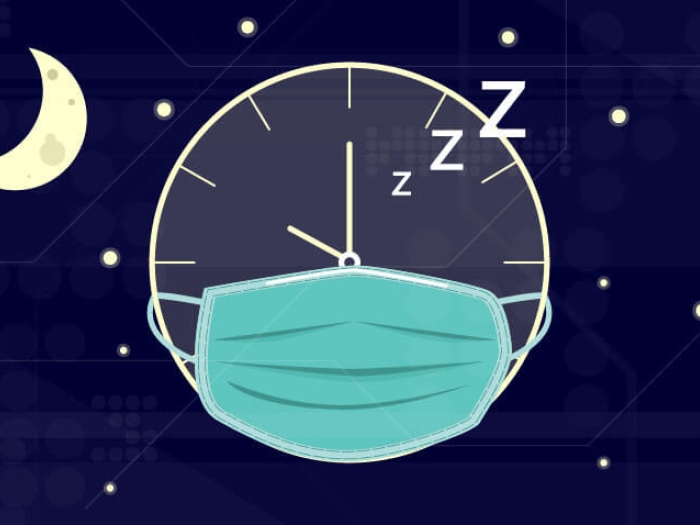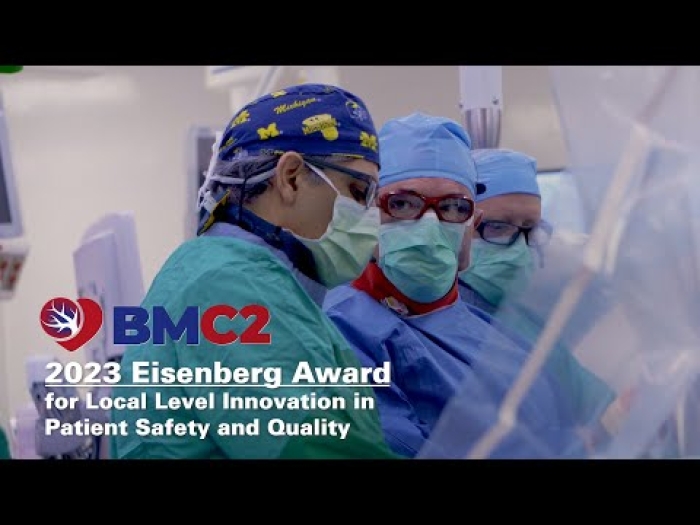
Nearly all of us engage with some form of social media every day. But what if the true power of social media wasn’t found in a like, tweet or follow? For an emerging field of research taking place at Michigan Medicine, it’s the data inside social media that may have the power to give patients bigger answers and better outcomes.
That’s the hypothesis and passion of Dr. V.G. Vinod Vydiswaran. As an assistant professor in Michigan Medicine’s Department of Learning Health Sciences and in the University of Michigan’s School of Information, Dr. Vydiswaran has dedicated his career to researching how to transform data into actionable knowledge.
“Small crumbs of information about our public health are everywhere – in electronic health records, online health forums, social media and in biomedical literature. Connecting the dots between these sources and filling the gaps will help us better understand our health and take steps to improve it,” explains Dr. Vydiswaran.
Given the promising opportunities made possible by big data, it’s no wonder Michigan Medicine is determined to play a leading role in utilizing information more effectively.
“Our focus is understanding information,” says Dr. Vydiswaran. “More and more people get information online, such as from blogs and news sites. Many women go to online pregnancy groups to share experiences and resources. What people share online can tell us about their health – what they eat, how much they exercise and more. From that, we build models to predict optimal ways to deliver better health care for everyone.”
For example, Dr. Vydiswaran and his colleagues in the Medical School Department of Psychiatry identified a need for surgeons to better characterize how prior alcohol and drug use impacts patients undergoing surgery. “Researchers could then study complications that occur when those who are risky alcohol or opioid users are given anesthesia and pain medications during and following surgery,” says Dr. Vydiswaran.
He adds that by looking at data from many sources, algorithms can be developed that would proactively screen for and monitor high-risk surgical patients, as well as identify treatment options that are less likely to interfere with patients’ past or current addictions.
Another area of big data research that Dr. Vydiswaran is conducting in partnership with the School of Information involves analyzing Twitter for food- and activity-related tweets. Tweets that indicate sedentary or physical activities in certain locations may reveal how overall health is influenced by neighborhood characteristics. He says that this could help health care providers create targeted solutions for people living in similar areas or neighborhoods who are more likely to develop certain diseases, such as heart disease and diabetes.
Capturing billions of pieces of information and properly analyzing them to predict more effective health care solutions for a range of medical conditions has its challenges, but Dr. Vydiswaran is confident that Michigan Medicine is uniquely positioned to answer the big questions.
“The key difference is that we have excellent engineering, science, medical and arts schools collaborating in one place. The best and brightest minds are working together and united in the same goal – to change outcomes and save lives,” says Dr. Vydiswaran.

Discover the power of a Michigan Answer through inspiring stories. Find hope and inspiration for your own journey by reading more.





